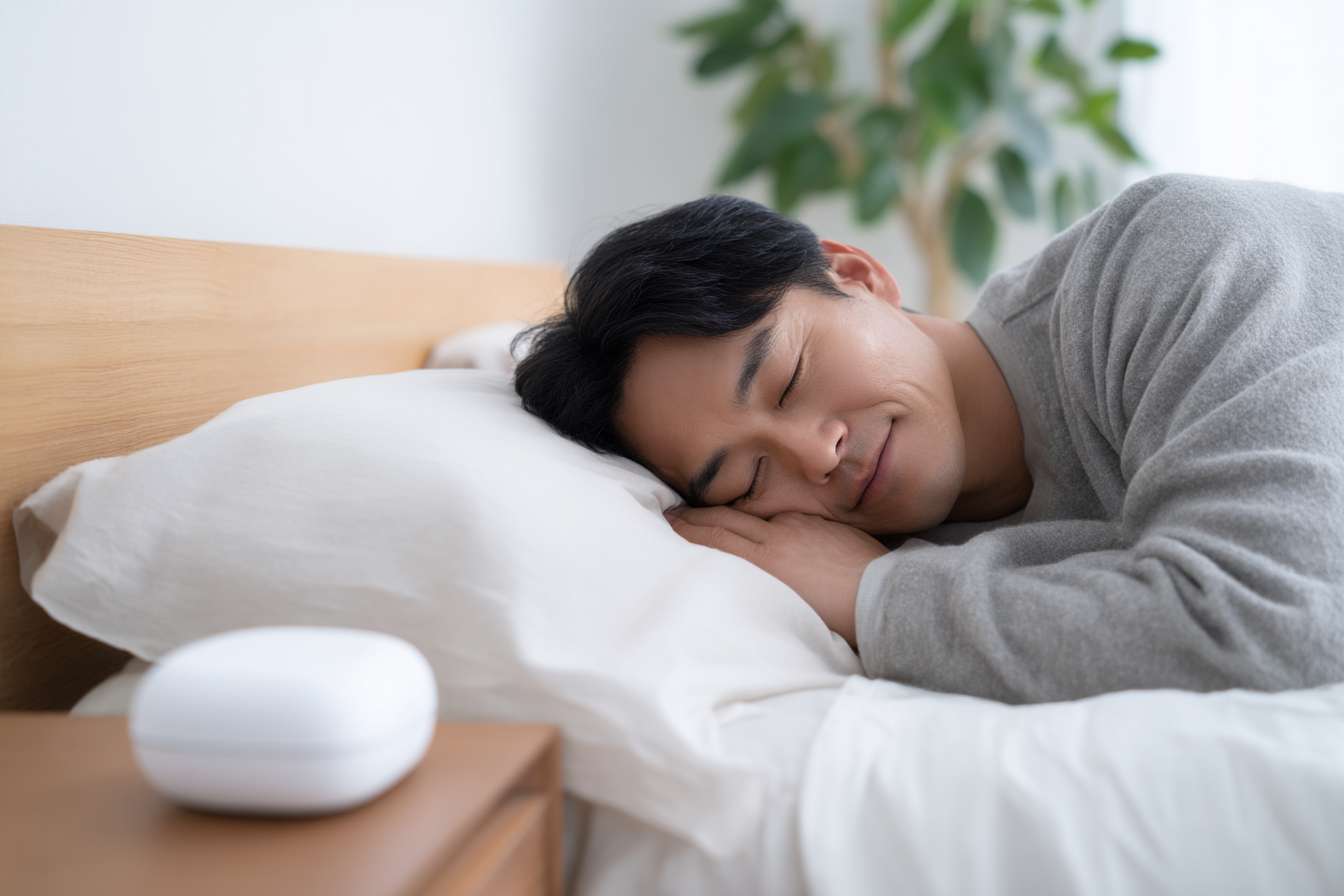Wake Up Refreshed in the USA: Improve Sleep Without Medications
If you're waking up tired in the USA despite a full night's sleep, your indoor air quality could be the silent culprit. Many Americans overlook how their HVAC system affects energy levels, sleep, and overall wellness. With advanced air purification, it’s possible to feel more rested and alert—without turning to medication. Here's what you need to know about making a change that supports better mornings.

How Air Quality Affects Your Sleep and Energy Levels
Indoor air quality plays a crucial role in your sleep quality and daily energy. Pollutants, dust, allergens, and microscopic particles can disrupt your respiratory system, causing interrupted sleep patterns and morning fatigue. Poor air quality can trigger inflammation, increase stress hormones, and reduce your body’s ability to enter deep, restorative sleep cycles.
The human body relies on clean air to regenerate and repair during sleep. When indoor air is contaminated, your respiratory system works overtime, preventing you from achieving optimal rest. Common indoor pollutants like pet dander, mold spores, dust mites, and volatile organic compounds (VOCs) can cause subtle but significant disruptions to your sleep architecture.
The Role of HVAC Systems in Indoor Air Purification
Modern HVAC systems do more than regulate temperature—they’re critical players in maintaining indoor air quality. Advanced systems now incorporate multi-stage filtration technologies that capture and remove microscopic contaminants. High-efficiency particulate air (HEPA) filters can trap particles as small as 0.3 microns, effectively removing most allergens and pollutants from your living space.
Smart HVAC technologies now include UV light purification, which neutralizes bacteria, viruses, and mold spores within your ventilation system. Some advanced models feature humidity control, which helps prevent mold growth and creates an optimal sleeping environment. These technological advances transform your HVAC from a simple temperature regulator to a comprehensive air quality management system.
Simple Upgrades That Can Help You Breathe and Sleep Better
Improving your indoor air quality doesn’t require a complete system overhaul. Start by replacing your HVAC filters every 90 days, or more frequently if you have pets or allergies. Consider upgrading to MERV 11 or MERV 13 filters, which provide superior particle filtration compared to standard options.
Additional upgrades can include:
-
Installing air purifiers in bedrooms
-
Adding indoor plants that naturally filter air
-
Using hypoallergenic bedding
-
Maintaining consistent humidity levels between 30-50%
HVAC System Cost Considerations
| HVAC Upgrade | Estimated Cost | Potential Air Quality Improvement |
|---|---|---|
| Standard Filter Replacement | $20-$50 | Moderate |
| HEPA Filter Upgrade | $100-$300 | High |
| UV Light Purification System | $500-$1,500 | Excellent |
| Whole-Home Air Purification | $1,500-$3,500 | Comprehensive |
Prices, rates, or cost estimates mentioned in this article are based on the latest available information but may change over time. Independent research is advised before making financial decisions.
Conclusion
By understanding the connection between HVAC systems and sleep quality, you can create a healthier indoor environment. Strategic upgrades and mindful maintenance can transform your living space into a restorative sanctuary that supports better sleep and increased energy levels.




